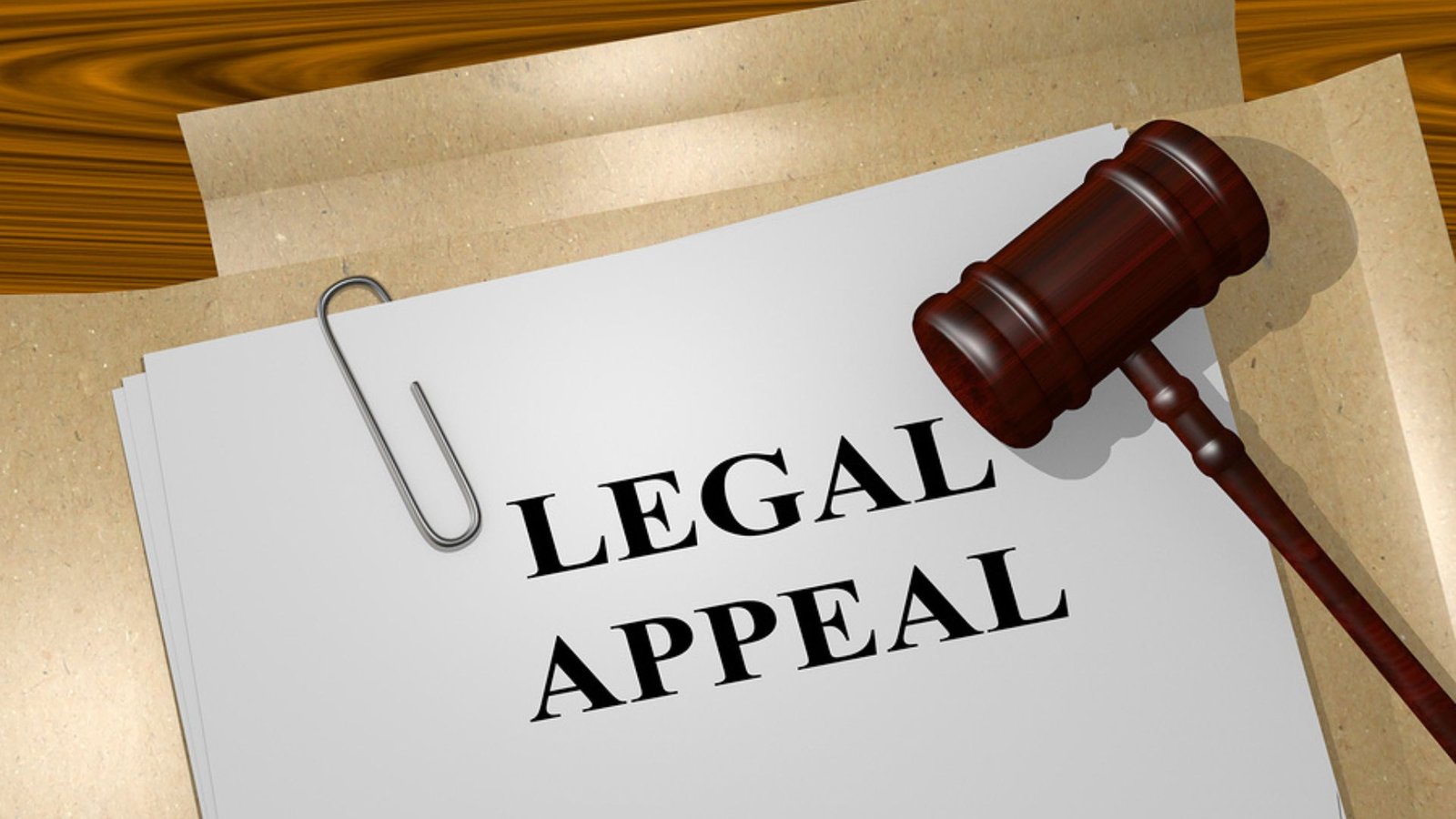Appealing a criminal conviction can be a daunting process, but understanding the steps involved can make it more manageable. Whether you believe there was an error in your trial or new evidence has emerged, knowing how to navigate the appeals process is crucial. Let’s give you tips on how to appeal a criminal conviction.
1. Understanding the Grounds for Appeal
The first step in appealing a criminal conviction is understanding the grounds for appeal. These can include legal errors, juror misconduct, or newly discovered evidence. Knowing the specific grounds relevant to your case is essential for a successful appeal.

2. Filing a Notice of Appeal
Once you decide to appeal a criminal conviction, the next step is filing a notice of appeal. This document must be filed within a specific time frame, usually 30 to 60 days after the conviction. Missing this deadline can result in losing the right to appeal.
3. Preparing the Record on Appeal
Preparing the record on appeal involves gathering all the documents and transcripts from the trial court. This record is crucial as it provides the appellate court with the information needed to review the case. Ensuring all relevant documents are included is vital.
4. Writing the Appellate Brief
The appellate brief is a written argument outlining the reasons for the appeal. It should clearly state the legal errors or other grounds for the appeal. Writing a compelling and well-structured brief is crucial for persuading the appellate court.
5. Oral Arguments
In some cases, the appellate court may schedule oral arguments. This is an opportunity to present your case in person and answer any questions the judges may have. Preparing thoroughly for this stage can make a significant difference.
6. Waiting for the Decision
After oral arguments, the appellate court will review the case and make a decision. This process can take several months. Patience is essential during this period, as the court’s decision will determine the next steps.
7. Possible Outcomes
The appellate court can affirm, reverse, or remand the case. Affirming means the original conviction stands, reversing means the conviction is overturned, and remanding means the case is sent back to the trial court for further proceedings. Understanding these outcomes helps in preparing for the next steps.
8. Considering Further Appeals
If the appeal is unsuccessful, there may be options for further appeals to higher courts. This process can be more complex and time-consuming, but it might be necessary if there are still unresolved legal issues.
9. Seeking Legal Assistance
Navigating the appeals process can be challenging without legal assistance. Seeking the help of an experienced appellate attorney is crucial. They can provide guidance, ensure deadlines are met, and help craft compelling arguments.
10. The Importance of Timeliness
Timeliness is critical in the appeals process. Missing a deadline can result in losing the right to appeal. Ensuring all documents are filed on time and understanding the deadlines for each stage is essential.
11. Gathering New Evidence
If new evidence has emerged that could impact the conviction, it is important to present it during the appeal. This evidence can be a strong basis for overturning the conviction.
12. Understanding Appellate Court Rules
Each appellate court has specific rules and procedures. Familiarizing yourself with these rules ensures that the appeal is handled correctly and increases the chances of success.
13. Staying Informed
Keeping informed about the status of your appeal is crucial. Regularly check for updates from your attorney and the appellate court. Staying informed helps you prepare for each stage of the process.
14. Emotional Preparation
Appealing a criminal conviction can be emotionally taxing. Preparing yourself for the process, understanding the potential outcomes, and seeking support from friends and family can help manage stress.
15. Post-Appeal Options
If the appeal is unsuccessful, explore other legal options, such as filing a motion for reconsideration or seeking a pardon. Understanding all available options ensures you take the best course of action.
Conclusion
Appealing a criminal conviction involves understanding the grounds for appeal, meeting deadlines, and presenting a compelling case. Seeking legal assistance, staying informed, and preparing emotionally are crucial steps in this challenging process. By following these strategies, you can navigate the appeals process more effectively.









